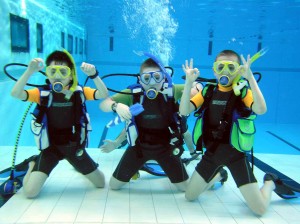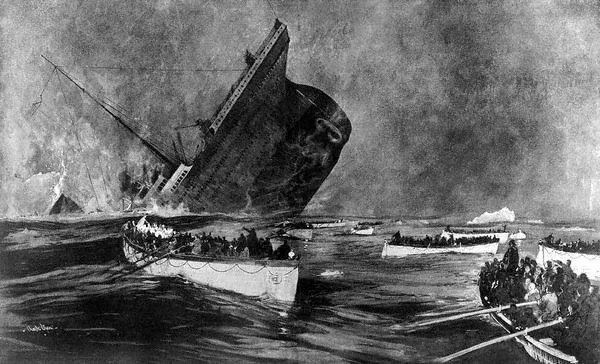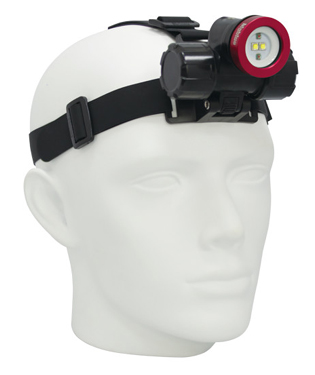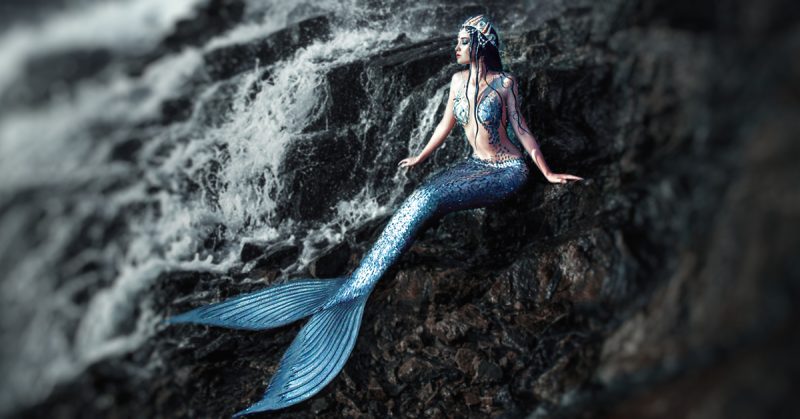What is the minimum age a child should be allowed to scuba dive? According to PADI (the Professional Association of Dive Instructors) kids can be certified as Junior Open Water Divers as early as the age of 10. Whether this is recommendable for any or all children is a subject of debate within the dive community.
Children develop physically and mentally at different rates, making it difficult to define an age at which all children can safely dive. A child’s maturity, reasoning skills, and physical limitations should be taken into account when determining if he is ready to begin scuba diving.
Warning: There Have Been No Experimental Studies on This Subject:
Hyperbaric scientists can not take young children diving and expose them to various dive profiles and risk factors just to see how many get decompression illness or dive-related injuries. Such experiments would be unethical. Much of the debate about children and diving stems from the fact that there is no concrete experimental evidence to prove that scuba diving is either safe or dangerous for children.
Not All Children and Teenagers Should Dive:
Scuba diving certification agencies allow children to enroll in scuba classes, but not all kids and teenagers are ready to handle the stress of the underwater environment and the theory work required for a diving course.
Helpful Guidelines to Determine if a Child Is Ready for a Scuba Certification:
• Does the child want to learn to dive? (This should not be the merely desire of his parents and friends.)
• Is the child medically fit to dive? See the basic diving medical requirements.
• Is the child comfortable in the water, and can he swim? He will need to pass a swimming test.
• Does the child have a sufficient attention span to listen to and learn from class discussions, pool and open water briefings and debriefings and other interactions with an instructor?
• Can the child learn, remember and apply multiple safety rules and principles?
• Are the child’s reading skills sufficient to learn from adult-level material (allowing for extra reading time, and the child may request help)?
• Can the child feel comfortable telling an unfamiliar adult (instructor or dive master) about any discomfort or not understanding something?
• Does the child have reasonable self control and the ability to respond to a problem by following rules and asking for help rather than by acting impulsively?
• Does the child have the ability to understand and discuss hypothetical situations and basic abstract concepts like space and time?
Arguments in Favor of Children Diving:
1. The younger people are when they begin scuba diving, the more comfortable they are likely to be with it.
2. Diving parents can take their children on scuba holidays and share their love of the underwater world their family.
3. Scuba diving courses take abstract concepts from physics, math, and natural science and apply them to the real world.
4. Diving encourages students to care about conservation of the natural environment.
5. Although diving is risky, most activities in life have some risk. Teaching a child or teenager to responsibly manage the risks of diving can help them to learn personal responsibility.
Medical Arguments Against Children Diving:
1. Patent Foramen Ovale (PFO): While in the womb, all infants’ hearts have a passageway that allows blood to bypass the lungs. After birth, this hole gradually closes as the child matures. Young, or slowly developing children may still have a partially open PFO by the age of 10. Research is ongoing, but initial findings suggest that PFOs may increase the risk of decompression illness. Read more about patent foramen ovale (PFOs).
2. Equalization Issues: A scuba diver must add air to his middle ear via the eustachian tube to equalize the air pressure as he descends. Most adults can easily equalize their ears. However, the physiology of a child’s ears can make equalization difficult or impossible. Young children have flattened, small eustachian tubes that may not allow air to flow to the middle ear effectively. For many children under the age of 12 (and some older ones) it is physically impossible to equalize the ears because the eustachian tubes are not sufficiently developed. Failure to equalize the ears can lead to severe pain and ruptured ear drums.
3. Unknown Physiological Effects of Diving: The effects of increased pressure and nitrogen on developing bones, tissues, and brains is unknown. A lack of concrete evidence about the effects of pressure and nitrogen on developing bodies does not mean the effects are bad. However, pregnant women are discouraged from diving for the reason that the effects of diving on fetuses are unknown. Pregnancy is a temporary condition, so women are discouraged from diving while they are pregnant. Childhood and adolescence are (in most cases) a temporary condition, so the same argument can be made against children diving.
Remember that children may experience discomfort differently from adults. They may not have a good understanding of what is physical sensations are normal when diving, and therefore may not communicate potentially dangerous physical problems effectively with adults.
Psychological Arguments Against Children Diving:
1. Concrete Thinking: Concrete thinking may lead to the inability to use logic and concepts to appropriately react to an unfamiliar situation. In general adolescents move out of the concrete thinking stage around age 11. A concrete-thinking student can parrot back the gas laws and diving safety rules, he may not be able to apply them properly to an unfamiliar emergency situation. Most training agencies require that children and young adolescents dive with an adult who can respond to unforeseen situations for them. However, an adult can not always prevent a child from reacting to a situation in an inappropriate way, such as holding his breath or rocketing to the surface.
2. Discipline: Not all children and young adults have the discipline required to conduct the necessary predive safety checks and follow safe diving practices once they have received their certification card. If a child is likely to have a nonchalant attitude about diving safety, it may be best to keep him out of the water.
3. Responsibility for a Buddy: Even though he is young, a child diver is responsible for rescuing his adult buddy in the case of an emergency. Adults should consider whether a child has the reasoning skills and mental capabilities to react to an emergency situation and rescue a buddy underwater.
4. Fear and Frustration: Unlike many sports, such as tennis or soccer, a frustrated, scared, or injured child can not just “stop”. Children divers should be able to react to an uncomfortable situation logically and maintain control of themselves during a slow emergency ascent.
Ethical Arguments Against Children Diving:
Diving is a risky sport. Diving is different from most sports in that it places the diver in a environment hostile to his survival.
Can a child truly understand the risk he is taking when he goes diving? Children may not understand their own vulnerability until it is too late. Even if a child says that he understands he can die, become crippled, or paralyzed for life as a result of a diving accident, does he truly comprehend what that means? In most cases it is unlikely. Is it ethical to expose a child to a risk that he does not comprehend and can therefore not accept?
Author’s Opinion:
Diving may be appropriate for some kids. This is a decision parents, children and instructors need to make on a case-by- case basis after carefully considering the arguments for and against allowing children to dive. I can not definitively say children should dive. I have taught young students who were safer and better controlled than most adults, but they were the exception rather than the rule.







Leave A Comment